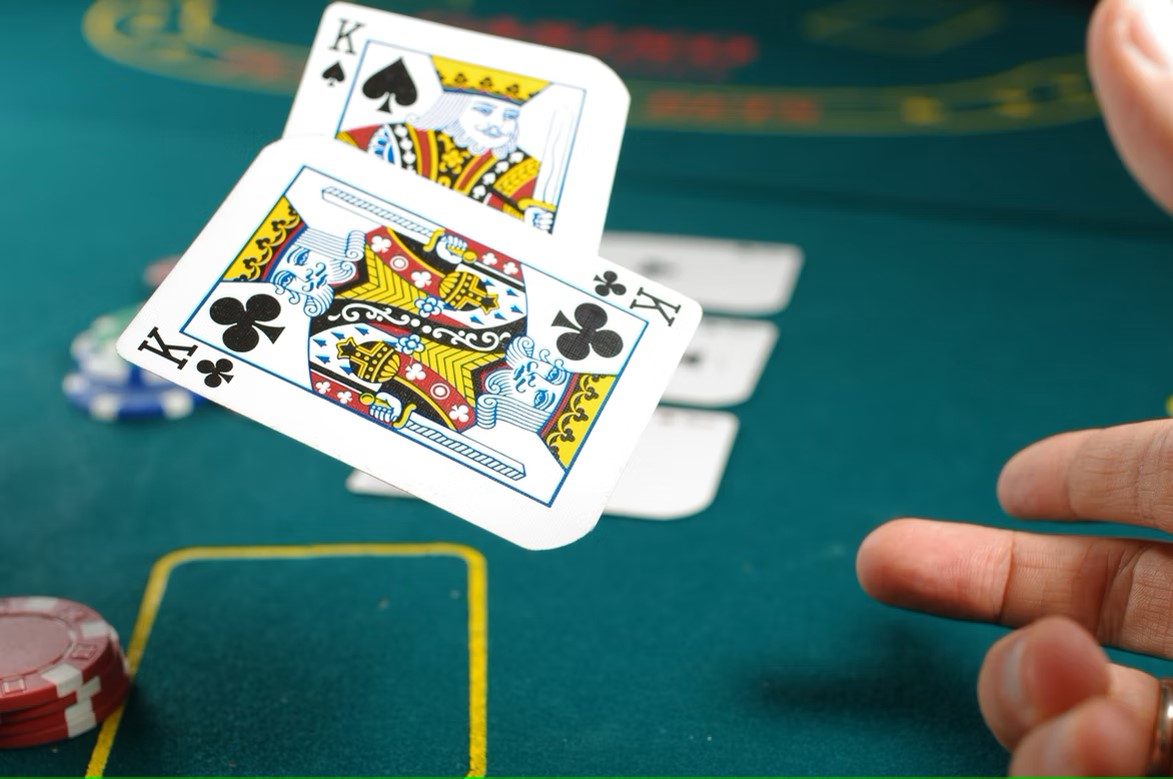Where to Get Started as a Poker Beginner
Poker, like any sport, is packed with famous names who have earned their high profile status by being exceptionally talented at what they do. Often, this is achieved through success in tournaments like the World Series of Poker and the European Poker Tour.
There are also many successful poker players who prefer just to compete online and have built a name for themselves among the community of internet poker aficionados.
However, we all have to start somewhere, even these professional poker players. Learning anything new can feel quite daunting but, thankfully, there are plenty of resources you can use to help you find your feet.
Here are some simple tips to get you started as a poker beginner.
Learn the Lingo
Whenever you learn something new, it can feel like you’re also having to pick up an entirely new language as well. The same is true with poker. During your first time at a table, even if you’ve familiarized yourself with key terms like blinds and bluffs, you may still be hit with words and phrases that you haven’t heard before. This is because there are countless obscure terms that can be brought up during a poker game, such as backdoors, blockers, and bum hunters.
It’s unlikely you’ll be able to remember them all right from the beginning, but having just a few down pat can help you to feel more comfortable.
Find the Variant for You
Poker is an umbrella term for hundreds of different games that share a common set of mechanics and rules. While they’re all pretty similar, there are still some key differences that change the approach that players take.
For example, in community card variants, you create your hand with some of the shared cards placed in the centre of the table, meaning you have to calculate what combinations your opponents could make with them too before making your decisions.
In contrast, draw games allow players to swap some of the cards they hold to try to improve their current hand. This adds a different challenge as you have less information about your opponents but the option to change your own hand.
This means that different poker variants suit some people better than others, and it’s why you’ll want to experiment with a few options to find what works best for you. Traditionally, five-card draw was a good entry point for new players as it has some of the easiest rules, though many also to choose to jump straight into Texas Hold’em.
Enter Freerolls
When you’re getting started in poker, the best way to boost your skills is to practice. There are plenty of ways to do this, but one great option is to take part in freerolls. These are free tournaments organised by online poker rooms that often give out a small prize to the winner.
When registering, players receive an allocation of play-money chips and can then begin working their way through the tournament. The winner is the person who has all of the chips at the end of the competition, just like in a real-money tournament.
Freerolls help you to get experience of fierce competition and the tournament format as there are different dynamics at play in these compared to cash games. They’re still different to larger tournaments, though, because people sometimes adopt a more flamboyant approach with play-money chips than they would with real-money versions, but it’s still a great way to get more practice.
Some freerolls offer a cash prize to the winner (or winners), but others grant you entry into a larger tournament, foregoing the need to pay the buy-in. This means many quality players also take part in freerolls, so they’re a great opportunity for you to go up against some of the greatest people in the game.






















